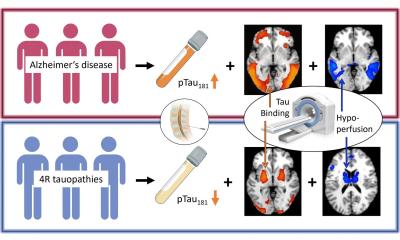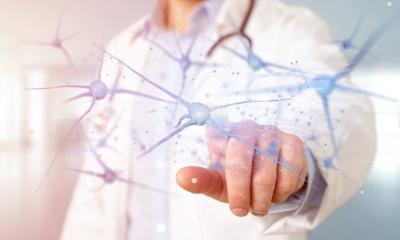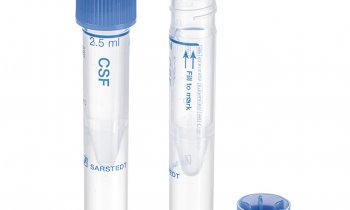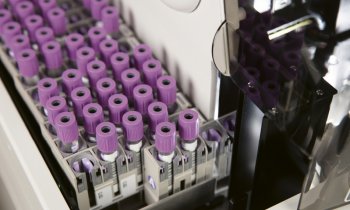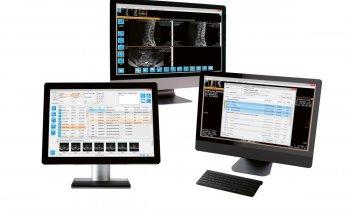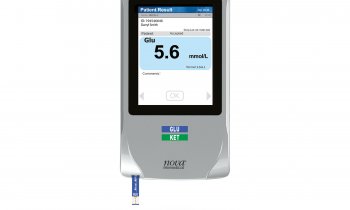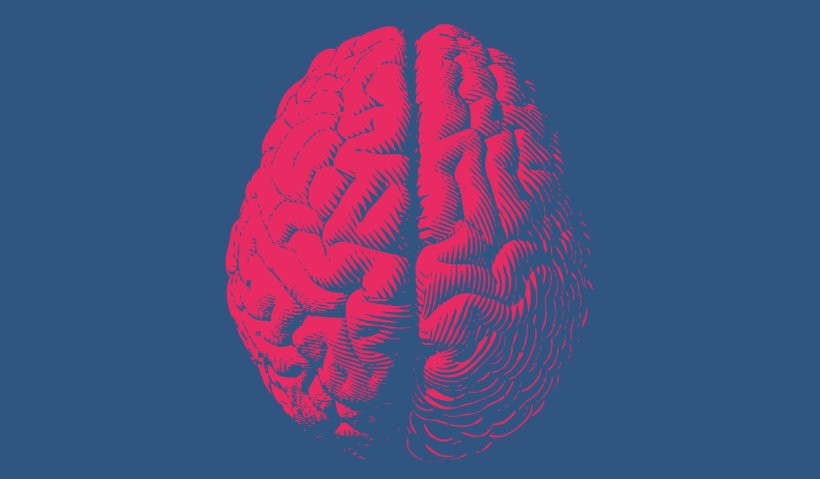
Image source: Adobe Stock/jolygon
News • Presented at AAIC
New guidelines for diagnosing Alzheimer's
At the International Alzheimer's Congress (AAIC) in Amsterdam, new guidelines for diagnosing Alzheimer's disease developed by clinicians and researchers from around the world were presented.
A blood test has been developed for this purpose in recent years that gives very good results, according to recent research. Charlotte Teunissen, professor of neurochemistry at Amsterdam UMC, was involved in drafting the new guidelines and says, “A new generation of biomarkers is now available to detect Alzheimer's disease more and more effectively. We have already gained a lot of experience with this in our Alzheimer's centre, but in the long term the test can also be successfully implemented after a GP's referral.”
New research by Amsterdam UMC with Alzheimer Nederland shows that many people with cognitive symptoms want to know whether they are in the early stages of Alzheimer's. A diagnosis enables patients to take more control over the next phase of their lives. The desire to know whether or not you have Alzheimer's disease makes the use of blood biomarkers so relevant, it is also the gateway to treatment.
A blood test is also a relatively inexpensive method and can be used in many places. Previously, only specialised clinics could do a proper analysis, and thus offer a diagnosis, via a blood test. Swedish research, presented at the ADPD conference in March, has shown that biomarkers can be more reliable than the analysis of a primary care physician. In addition, the blood test is much less stressful for the patient than the current method. Currently, Alzheimer's is diagnosed through the analysis of cerebrospinal fluid, acquired through an invasive lumbar puncture, or via an expensive PET scan. It is believed that both of these methods will soon also be less necessary in the diagnose of Alzheimer's.
Recommended article
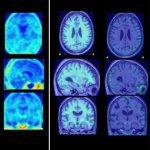
News • Promising diagnostic tool
Tracing tau tangles against Alzheimer’s
Researchers at Johns Hopkins Medicine have identified in live human brains new radioactive “tracer” molecules that bind to and “light up” tau tangles, a protein associated with a number of neurodegenerative diseases including Alzheimer’s disease and other related dementias.
The new guidelines were developed by an international committee of practitioners and researchers on behalf of the International Alzheimer's Association and the American National Institute on Aging. Previously, Alzheimer's was defined by identifying brain pathology and cognitive decline with which the disease manifested itself. In the new guideline, the disease is diagnosed using biomarkers. More biomarkers with excellent diagnostic performance have been developed and clinically validated in recent years. And more are coming.
The new approach to Alzheimer's is also relevant and gaining momentum because some targeted therapies, such as lecanemab, against Alzheimer's have already been approved in the US. Currently these drugs are subject to the EMA review in the EU.
Source: Amsterdam University Medical Centers
17.07.2023



